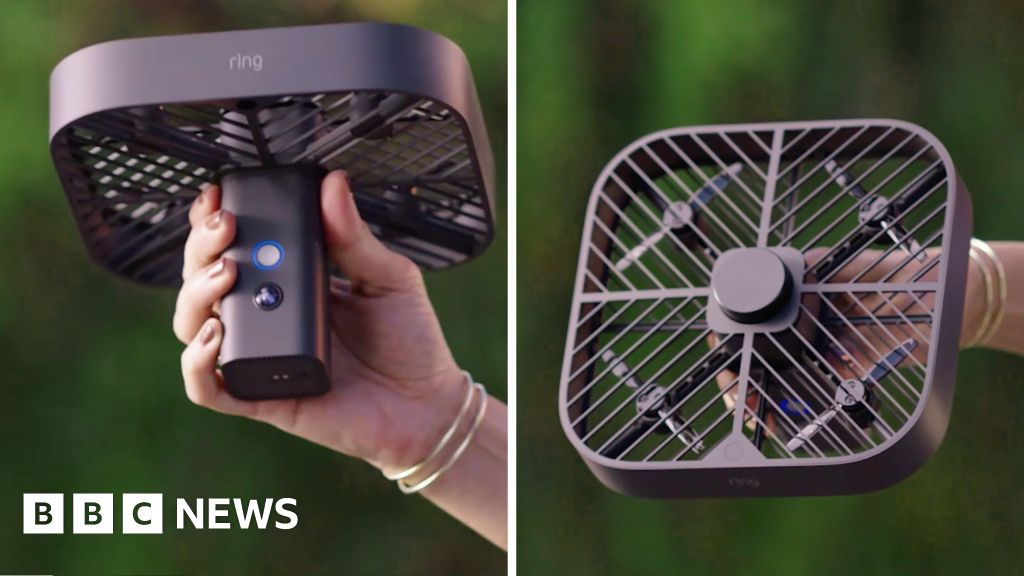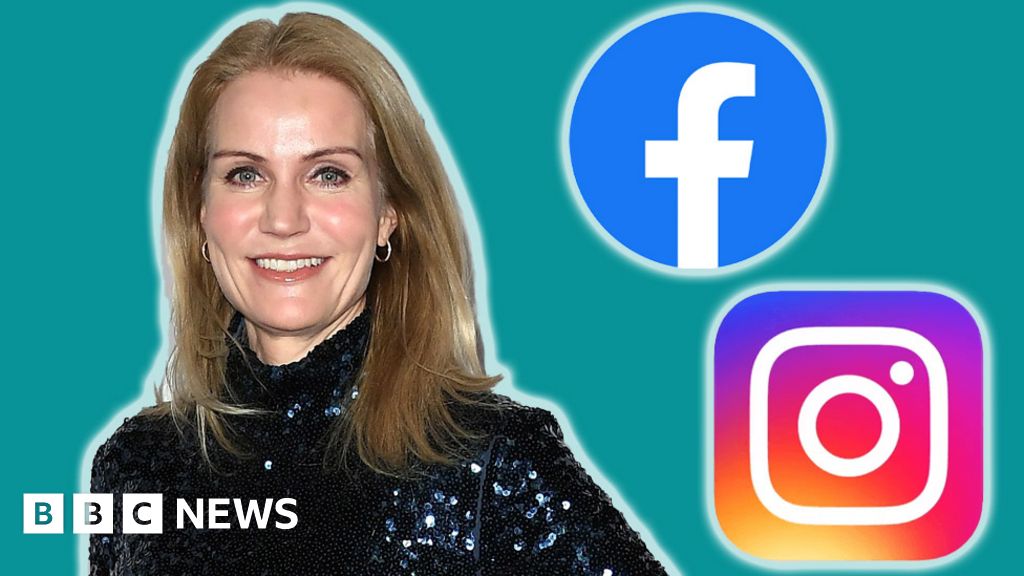 Image copyright
Getty Images
Image caption
The penguins are symbols of Tencent's iconic messaging platform QQ, which launched five years before Facebook, in 1999
Image copyright
Getty Images
Image caption
The penguins are symbols of Tencent's iconic messaging platform QQ, which launched five years before Facebook, in 1999
Based in Shenzhen and founded in 1998, the Chinese company Tencent enjoys huge popularity - and profits - in China.
Its cute penguin symbol is as familiar to Chinese children as the McDonalds "golden arches" logo is to children in the West, says the BBC's China media analyst Kerry Allen.
"Tencent is thought of as so much more than just a Chinese company in China - it has gained a reputation as a family-friendly organisation that connects families, friends and work colleagues in a digital age," she said.
"It has a business model that other Chinese companies can only envy - it can reach an audience of, basically, everyone."
But many people in the West have never heard of it.
That doesn't mean it isn't present in our everyday lives, though - Tencent also owns chunks of some of Western culture's most popular games, music and movies.
Like Google's parent company, Alphabet, Tencent has a broad portfolio of interests, although arguably it remains best known for its messaging services.
US president Donald Trump singled out the app WeChat in his most recent executive order, which demands US firms stop doing business with it.
WeChat has over a billion users, both inside China and around the world - the Chinese version is called Weixin.
It is often compared to WhatsApp - and certainly it is widely used for messaging - several US messaging apps and social media sites are banned by the Chinese state so you can't (officially) Facebook message a friend in Beijing, for example.
But there's a lot more to WeChat than messaging.
Image copyright Getty Images Image caption WeChat has over one billion monthly usersIt's more akin to a separate operating system: just like you might use Google's Android or Apple's iOS for a variety of tasks, it is used to read news, pay bills, order transport or food, and run small businesses.
The firm has not revealed just how profitable WeChat is on its own, but it is clear that Tencent - as a whole - is thriving.
Image copyright Getty Images Image caption Tencent's headquarters are in ShenzhenEarning results for the first quarter of 2020 showed a total revenue of 108 billion Chinese yuan ($15.2 billion) - an increase of 26% year-on-year, despite the coronavirus pandemic. Alphabet's revenue for the same period was $41.2 bn.
Crunchbase's Tencent entry lists 479 investments, with a fund totalling $6.6bn. It would be tedious to go through them all, but let's take a quick look at some of them.
Gaming
It is clear that Tencent makes a lot of money via gaming.
Tencent is the largest video games publisher in the world. It has a stake in the two most popular Battle Royale-style games: Fortnite and PlayerUnknown's Battlegrounds (PubG).
Image copyright FortniteIt owns a 40% stake in Fortnite studio, Epic games, and has the license to PlayerUnknown's Battlegrounds (PubG) - although it failed in its own battle to get the game approved for distribution in China.
It also owns the entire League of Legends studio, Riot Games.
In October 2019, PC Gamer published a list of 16 games firms outside of China that Tencent had publicly invested in, including Ubisoft and Discord.
Music and movies
It also invests in Western music and films.
Tencent has recently completed a deal giving it a 10% stake in Universal Music. The record label includes major artists such as Lady Gaga, Taylor Swift, Drake and Kendrick Lamar on its books.
In addition, Tencent already has its own music division - Tencent Music Entertainment (TME).
And a share-swap in 2017 saw it take a 7.5% stake in streaming giant Spotify (Spotify got 9.5% of TME in return, reported Tech Crunch at the time).
Tencent Pictures, its film and production arm, has been involved in a large number of Hollywood movies including Terminator: Dark Fate (2019), Wonder Woman (2017) and the upcoming Top Gun sequel, Top Gun: Maverick, scheduled for release in 2021.
Oh - and there's also the small matter of the Chinese giant owning 5% of the US electric car firm Tesla.
What is the US concerned about?
President Donald Trump says that the spread in the US of mobile apps developed and owned by Chinese firms "threaten the national security, foreign policy, and economy of the United States".
The US government says both Bytedance's TikTok and Tencent's WeChat "capture vast swaths of information from its users".
"This data collection threatens to allow the Chinese Communist Party access to Americans' personal and proprietary information," it claims.
Tencent's chief executive and co-founder Ma Huateng, known as Pony Ma, is widely assumed to support the Communist Party. He is a member of the National People's Congress (NPC), China's national parliament.
Trump's executive order also claims both WeChat and TikTok gather data on Chinese nationals visiting the US, allowing Beijing "to keep tabs" on them.
Prof Alan Woodward, a cyber security expert from Surrey University, points out that for international users, WeChat data sits on servers outside of China - meaning in theory that it is more protected from state scrutiny.
However, he added that WeChat's privacy policy openly states that it will "comply with any legal requests from state agencies to hand over data they have in their servers".
"Just as with TikTok, the concern is that the parent company is Chinese and thus it may be argued that they are indeed subject to the Chinese Intelligence Act," he said.
Tencent has so far issued the briefest of responses to the news from the US: "We are reviewing the executive order to get a full understanding," it said.

 5 years ago
940
5 years ago
940 

